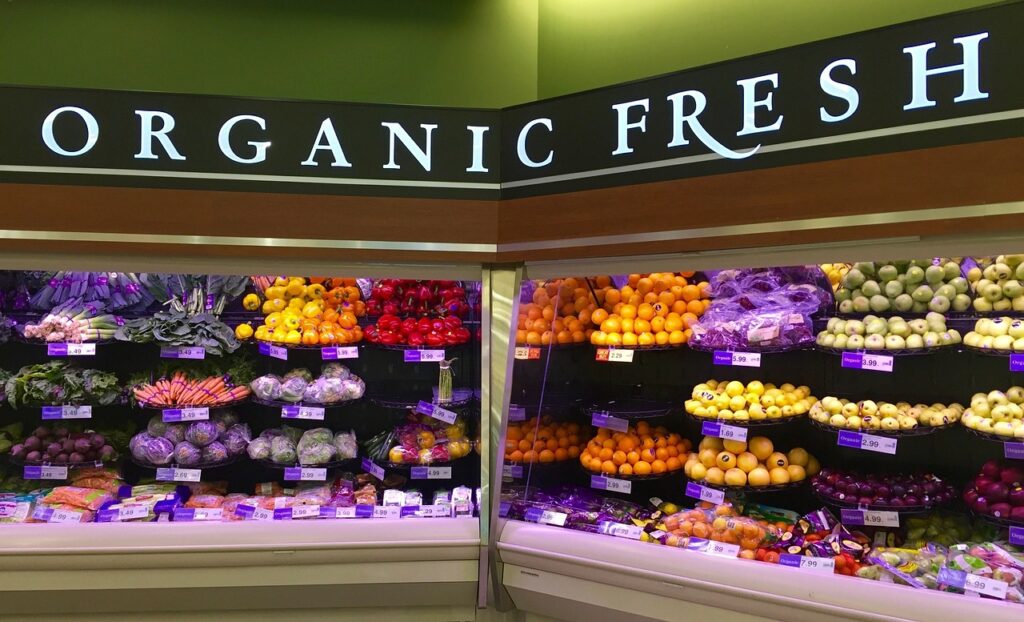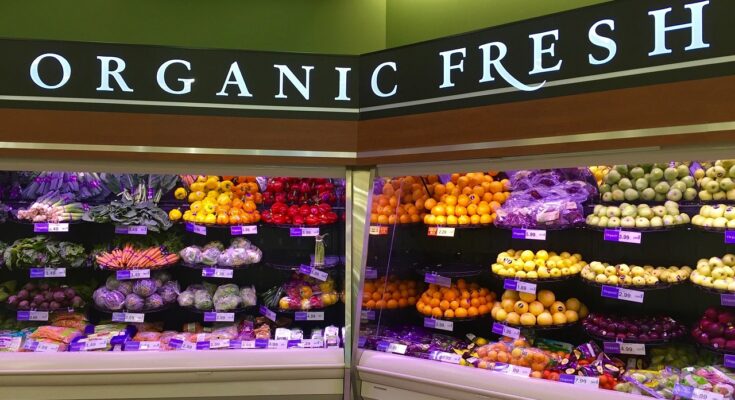Are you interested in producing non-GMO products? If so, this guide is for you!
In the world of food processing, it’s essential to understand the impact of genetically modified organisms (GMOs) on our food supply. By sourcing non-GMO ingredients and implementing specific processing techniques, you can ensure that your products are free from genetically modified organisms.
This guide will walk you through the steps to create non-GMO products, from start to finish. You’ll learn about the importance of sourcing non-GMO ingredients, such as fruits, vegetables, grains, and proteins. We’ll also explore the various processing techniques that can be used to maintain the integrity of these ingredients.
Additionally, we’ll delve into labeling and certification requirements for non-GMO products, so you can effectively market them to consumers who prioritize GMO-free options.
With this guide, you’ll gain the knowledge and tools to navigate the world of non-GMO food processing and meet the growing demand for these products.
Understanding GMOs and Their Impact on Food
Now, let’s dive into GMOs and see how they can affect the food you eat! GMOs, or genetically modified organisms, are organisms whose genetic material has been altered using genetic engineering techniques.
In the food industry, GMOs are often used to enhance crop yields, improve resistance to pests and diseases, and increase tolerance to herbicides. However, there are concerns about the potential impact of GMOs on human health and the environment.
Some studies suggest that GMOs may have negative effects on human health, such as allergies and antibiotic resistance. Additionally, GMOs can cross-pollinate with non-GMO crops, which may result in the unintentional presence of GMOs in non-GMO products.
It is important to understand the presence of GMOs in food and make informed choices to ensure the safety and quality of the food you consume.
Sourcing Non-GMO Ingredients
First and foremost, let’s explore how we can obtain ingredients that are free from genetically modified organisms (GMOs). When sourcing non-GMO ingredients for food processing, it’s crucial to establish strong relationships with trusted suppliers who share your commitment to non-GMO products. Start by thoroughly vetting potential suppliers and requesting documentation that verifies their ingredients as non-GMO.
Look for suppliers who’ve been verified by reputable third-party organizations, such as the Non-GMO Project. Additionally, consider working directly with farmers who use traditional seed varieties and avoid genetically engineered crops. Building these relationships will ensure a consistent supply of non-GMO ingredients for your food processing needs.
Remember, transparency and traceability are key when it comes to sourcing non-GMO ingredients, so always prioritize suppliers who can provide detailed information about their sourcing practices.
Implementing Non-GMO Processing Techniques
To ensure the integrity of our ingredients, we incorporate techniques that preserve the natural qualities and characteristics of our non-GMO ingredients. By implementing non-GMO processing techniques, we avoid the use of genetically modified organisms and maintain the purity of our products.
We carefully select and handle our ingredients to minimize the risk of cross-contamination with GMOs and preserve their inherent attributes. Our processing methods prioritize gentle handling and minimal processing to retain the nutritional value and flavor of our non-GMO ingredients. We also utilize advanced technologies such as steam and low-temperature processing to ensure that our products meet the highest standards of quality and authenticity.
We believe that by implementing these techniques, we can offer our customers non-GMO food options that are both delicious and wholesome.
Labeling and Certifications for Non-GMO Products
By obtaining proper labeling and certifications, you can trust that our products are free from genetically modified organisms and can make informed choices about the food you consume.
When it comes to non-GMO products, labeling is crucial for transparency and consumer trust. Look for labels such as the Non-GMO Project Verified seal, which indicates that the product has undergone rigorous testing and meets the organization’s strict standards. This seal is widely recognized and trusted by consumers.

Additionally, certifications from reputable third-party organizations like USDA Organic and NSF Non-GMO True North can further validate the non-GMO status of our products. These certifications require adherence to specific guidelines and regular audits to ensure ongoing compliance.
By displaying these labels and certifications, we demonstrate our commitment to providing you with high-quality, non-GMO food options.
Educating Consumers about Non-GMO Foods
Imagine yourself walking through a vibrant farmers market, with the enticing aromas of fresh produce filling the air and colorful signs proudly displaying the benefits of non-GMO foods. As a consumer, it’s important to educate yourself about non-GMO foods and understand why they are worth supporting.
Non-GMO foods are those that haven’t been genetically modified, ensuring that they are free from any artificial alterations. By choosing non-GMO products, you’re supporting sustainable farming practices and promoting biodiversity.
Educating yourself about non-GMO foods can be as simple as reading labels and looking for certifications like the Non-GMO Project Verified seal. It’s also beneficial to stay informed about the potential risks associated with genetically modified organisms, such as allergies and environmental concerns.
By being knowledgeable about non-GMO foods, you can make informed choices that align with your values and promote a healthier food system.
Conclusion
In conclusion, you now have a comprehensive guide to food processing for non-GMO products. By understanding GMOs and their impact on food, sourcing non-GMO ingredients, implementing non-GMO processing techniques, and utilizing proper labeling and certifications, you can ensure the production of non-GMO foods.
It’s also important to educate consumers about the benefits of non-GMO foods, fostering a healthier and more informed society. So go ahead and take these steps to provide consumers with the non-GMO products they desire.




